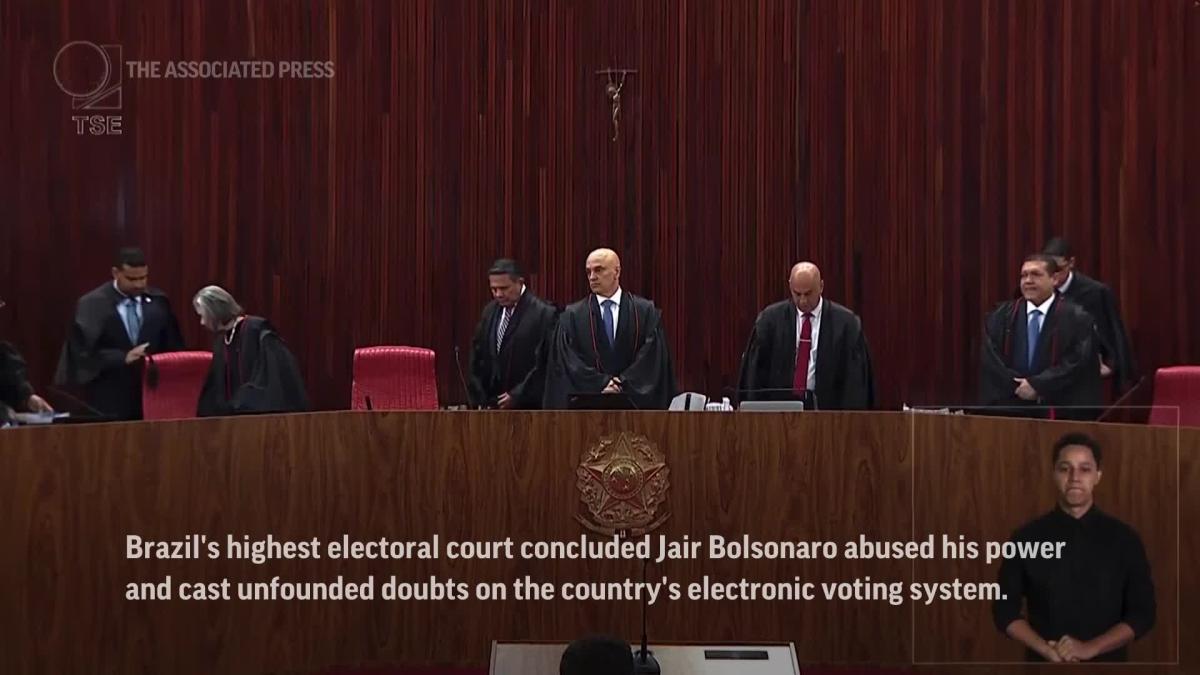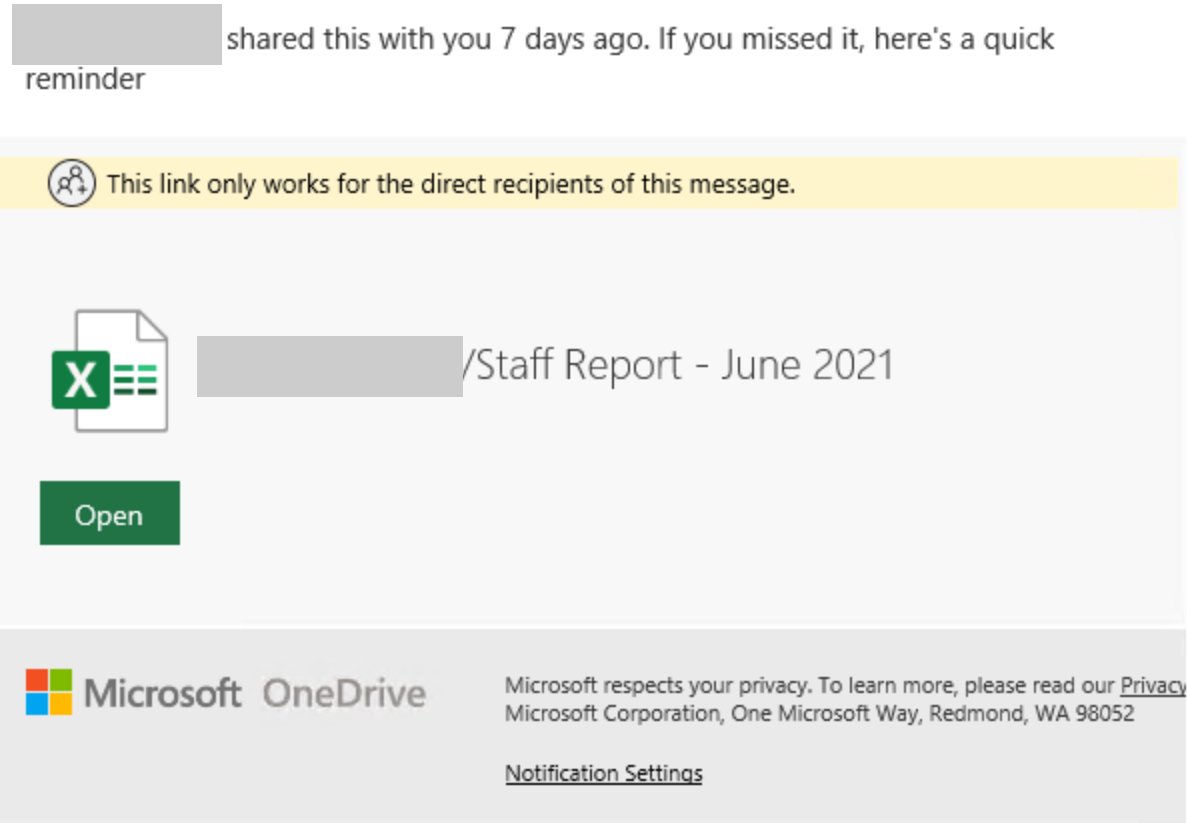Papal Election: Vatican Imposes Mobile Phone Blackout

Table of Contents
The Rationale Behind the Mobile Phone Blackout During the Papal Election
The Vatican's official justification for the mobile phone blackout centers on preserving the sanctity and integrity of the Papal Election process. The reasons cited emphasize the need for:
-
Maintaining secrecy and preventing leaks to the media: Preventing premature announcements or speculation about potential candidates is paramount to ensuring a fair and unbiased election. Leaks could influence the voting process and undermine the solemnity of the occasion.
-
Ensuring the integrity of the voting process and preventing external influence: A phone blackout minimizes the risk of external pressure or manipulation influencing the cardinals' decisions. This protects the freedom of conscience essential to the selection of the next Pope.
-
Protecting the cardinals’ privacy and freedom from pressure: The cardinals need a space free from external distractions to engage in prayer, reflection, and deliberation. The ban helps create this necessary environment for such a weighty decision.
-
Fostering a climate of prayer and contemplation for the crucial decision: The selection of a new Pope is a profoundly spiritual event. The blackout aids in creating an atmosphere conducive to prayer and contemplation, essential for the cardinals’ decision-making process.
Beyond the official reasons, unofficial speculation points towards concerns about information security and the potential for hacking or misinformation campaigns. The Vatican, like any major institution, needs to safeguard sensitive information and prevent the spread of false narratives during the Papal Conclave. The secrecy surrounding the Papal Election and the Vatican City itself necessitates strong security measures.
Historical Context: Secrecy and Papal Elections Throughout History
Secrecy has long been a hallmark of Papal Elections. The historical precedents for the current blackout are deeply rooted in centuries of tradition and the need to protect the integrity of the process. The famous "fumata bianca" (white smoke), signaling the election of a new Pope, is just one example of the carefully orchestrated rituals designed to manage the flow of information.
-
The historical use of "fumata bianca" (white smoke) signaling the election of a new Pope: This visual cue, dating back centuries, exemplifies the need for controlled communication during the Conclave.
-
Exploration of past attempts to influence the election through various means: Throughout history, various attempts have been made to influence the outcome of the Papal Election, highlighting the necessity of maintaining secrecy and preventing external interference.
-
Comparison to previous Papal Elections and the level of media coverage: The level of media scrutiny has increased dramatically over time. This modern mobile phone blackout can be seen as a response to the challenges of maintaining secrecy in the digital age, unlike previous Papal Elections. The difference between the controlled information flow of past Conclaves and the 24/7 news cycle of today is stark.
The history of Papal Elections is replete with examples of both successful secrecy and attempts to circumvent it, adding context to the Vatican's modern approach. The Vatican's commitment to Papal History and the preservation of Conclave history continues to influence its practices.
Impact of the Mobile Phone Blackout on Media Coverage of the Papal Election
The mobile phone ban significantly impacts media coverage of the Papal Election, creating both challenges and opportunities.
-
Challenges faced by reporters in gathering information: Journalists rely heavily on real-time communication. The blackout necessitates a shift to more traditional methods of newsgathering.
-
The reliance on official Vatican channels for updates: Reporters are dependent on the official Vatican Press Office for information, leading to a potential delay in disseminating news.
-
The impact on real-time news reporting and analysis: The lack of immediate updates makes real-time reporting and analysis far more challenging. Speculation and rumors fill the void.
-
The potential for increased speculation and rumors in the absence of immediate information: The information vacuum created by the blackout inevitably leads to increased speculation and the spread of unsubstantiated claims.
The Papal Election News cycle is profoundly altered by this decision, emphasizing the need for responsible reporting and fact-checking.
Alternative Communication Methods During the Papal Election
Despite the mobile phone ban, several alternative communication methods remain available:
-
Landlines within the Vatican: Traditional landlines provide a means of internal communication within the Vatican walls.
-
Designated communication channels for the press: The Vatican Press Office will likely utilize specific channels to disseminate official statements and updates to the media.
-
Official Vatican statements: Official pronouncements from the Vatican will serve as the primary source of verifiable information.
These communication protocols, though limited, are carefully managed to control information flow during this critical period. The Vatican's communication strategy reflects a calculated approach to managing expectations and maintaining control of the narrative surrounding the Papal Election.
Conclusion
The unprecedented mobile phone blackout during the Papal Election underscores the Vatican's unwavering commitment to the secrecy and solemnity of the process of choosing the next Pope. While it presents significant challenges for media coverage, it also highlights the historical weight and importance of this pivotal event. The decision reflects a deliberate effort to maintain the integrity and spiritual focus of the Papal Election, shaping how the world observes this crucial moment in the Catholic Church’s history. For ongoing updates and analysis of the Papal Election, stay tuned to reputable news sources covering the event. A deeper understanding of the complexities of a Papal Election necessitates continued attention and informed discussion. Further research into the historical context and modern implications of this pivotal event will shed light on the intricacies of the Papal Election process.

Featured Posts
-
 Cybercriminal Nets Millions From Executive Office365 Accounts
May 07, 2025
Cybercriminal Nets Millions From Executive Office365 Accounts
May 07, 2025 -
 Ovechkins Record Breaking Goal The Pressure On Ilya Samsonov
May 07, 2025
Ovechkins Record Breaking Goal The Pressure On Ilya Samsonov
May 07, 2025 -
 Cobra Kais Karate Kid Continuity A Deep Dive Into The Legacy
May 07, 2025
Cobra Kais Karate Kid Continuity A Deep Dive Into The Legacy
May 07, 2025 -
 The Last Of Us Season 2 Dinas Character Arc And Isabela Merceds Portrayal
May 07, 2025
The Last Of Us Season 2 Dinas Character Arc And Isabela Merceds Portrayal
May 07, 2025 -
 Future Russian Nh Lers Alex Ovechkins Career Advice
May 07, 2025
Future Russian Nh Lers Alex Ovechkins Career Advice
May 07, 2025
